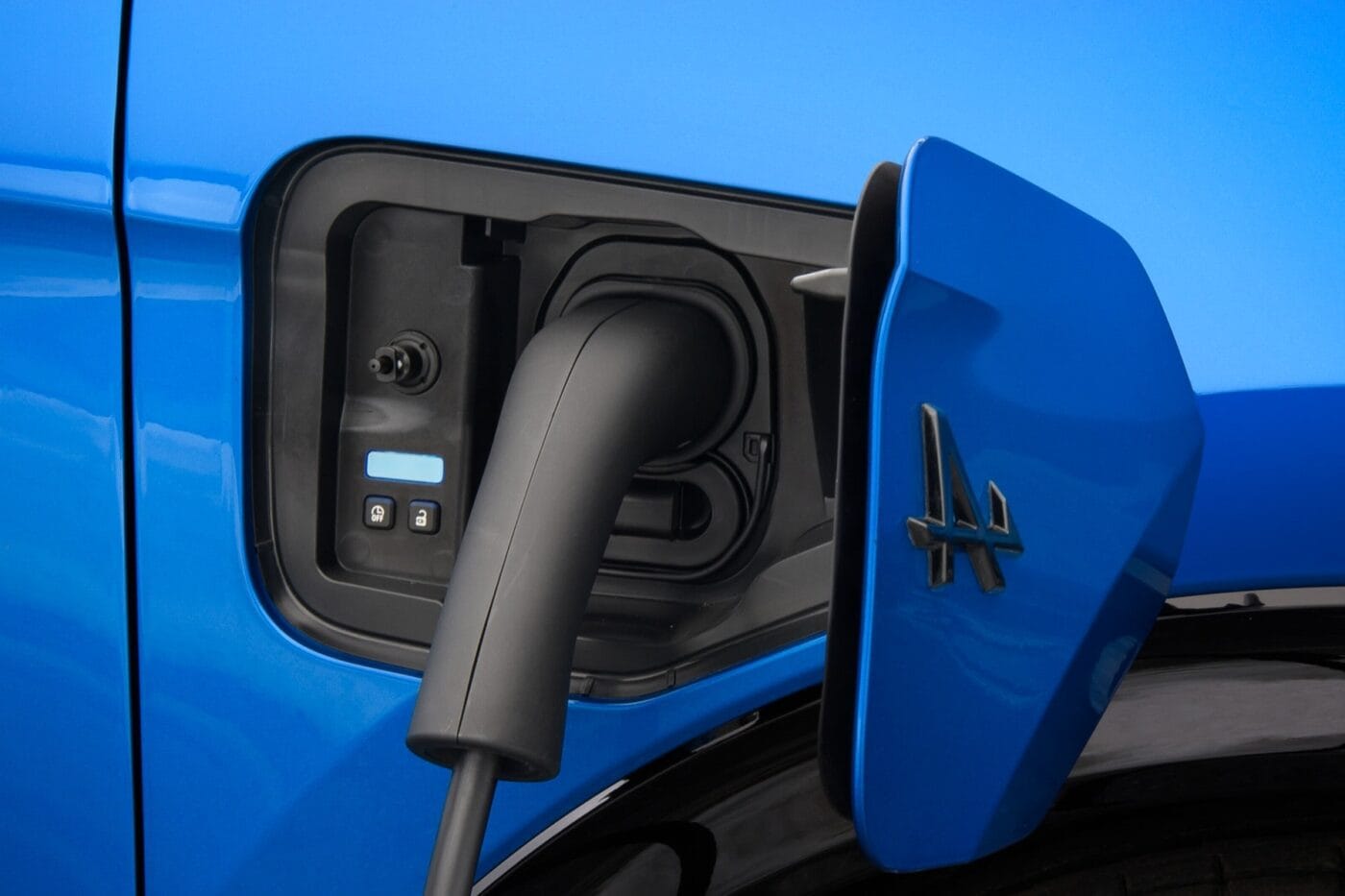Germany to kick off special depreciation for EVs as early as July
This is said to be the result of a draft bill from the German Federal Ministry of Finance (BMF) by Lars Klingbeil (SPD), which was quoted by several local media outlets at the weekend, including Handelsblatt, Tagesschau and DPA. In order to make the purchase of electric vehicles more attractive for companies from a tax perspective, a depreciation allowance of 75 per cent is to apply to newly purchased, purely electrically powered vehicles in the first year of purchase. In the year following the purchase, ten per cent could then be deducted, followed by five per cent in the second and third year, three per cent in the fourth year and two per cent in the fifth year, according to media reports.
This would provide clear tax incentives, particularly for the market ramp-up of electromobility in the business sector, according to the draft bill. The timetable is ambitious: although it is currently still a draft bill, the special regulation is to apply to electric vehicles purchased between July 2025 and December 2027 – the law would therefore have to be passed very soon. The draft is to be presented to the cabinet on Wednesday, 4 June.
In order to quickly tackle some of the most important projects from the government’s perspective, the black-red coalition led by Friedrich Merz (CDU) recently presented an “immediate action programme of the federal government” to adopt the budgets for 2025 and 2026 swiftly and to get the medium-term financial planning for 2026-2029 off the ground. In the ‘New economic growth’ chapter, the programme already announced tax incentives for electromobility and, under ‘Simplification and acceleration’, an “acceleration of approval procedures for hydrogen infrastructure.” The long-promoted simplification of authorisation procedures for the construction of charging infrastructure is not mentioned.
Government plans further eMobility funding measures
It is also important to note that purely electrically powered vehicles are explicitly mentioned. The special depreciation allowance should therefore not only apply to electric cars, but also to commercial vehicles, trucks and buses. In fact, the coalition agreement between the CDU/CSU and SPD already referred to ‘e-vehicles’ when talking about special depreciation, not just electric cars. However, there have not yet been any details on the exact structure of the special depreciation allowance.
In that coalition agreement, the parties had listed a total of nine measures, ranging from an increase in the gross price limit for tax relief on company cars, an extension of the motor vehicle tax exemption for electric cars until 2035 and a programme for households with low and medium incomes to the promotion of a hydrogen charging infrastructure for commercial vehicles. The planned purchase premium for electric cars, which was still included in one of the working papers of the responsible negotiating group with a placeholder for the amount, did not make it into the final coalition agreement.
Until the current draft bill, however, it was unclear how quickly the German government intends to tackle these measures or whether other projects are considered more time-critical. The special depreciation for electric vehicles is also not being introduced separately, but as part of comprehensive tax cuts for companies, such as a reduction in corporation tax and a so-called ‘investment booster’ with a depreciation of 30 per cent for investments in movable assets. According to the draft bill, the planned measures are intended to provide a ‘quick boost to growth-generating investments’ on the one hand and ‘contribute to the long-term stabilisation of expectations’ on the other, according to the Tagesschau. For the period from 2025 to 2029, the relief totals 48 billion euros.
However, as the reduced tax revenue from the package will affect the federal government as well as the federal states and local authorities, the German Bundesrat, or Federal Council, will also have to approve the law, even if the cabinet adopts the draft without any changes. It is not yet known whether there is a majority in favour of the plan in the state chamber.
handelsblatt.com, tagesschau.de, heise.de (special write-off), politico.eu (immediate action programme as PDF, all in German)





0 Comments